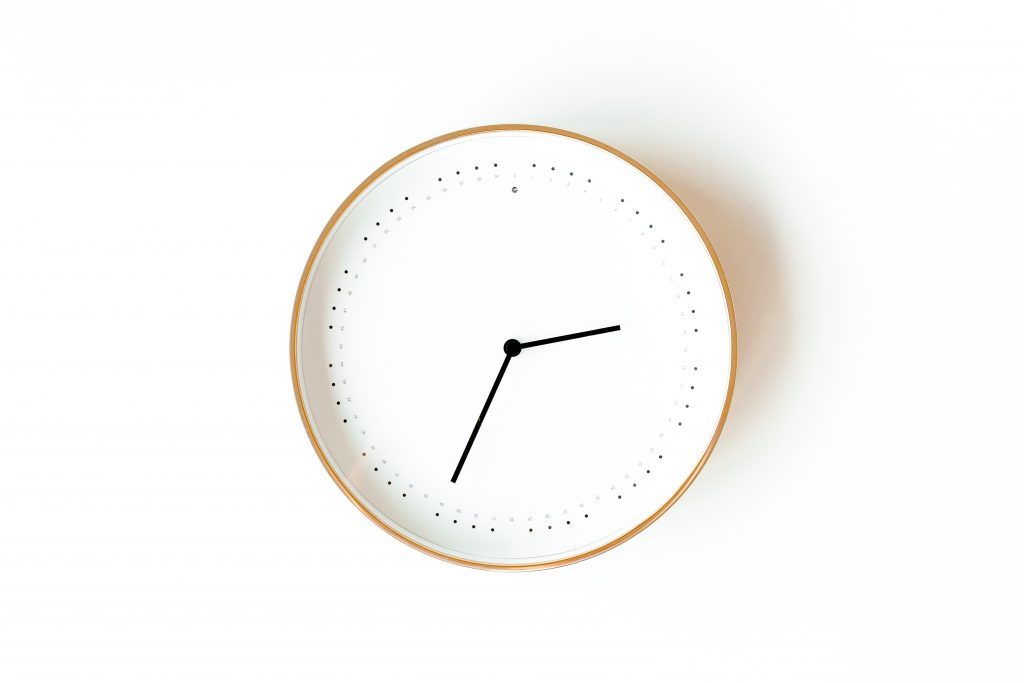
For all too long the majority of us have focused on what we should be doing to feel better and be healthier. But, according to a growing body of research backed by credible experts, the more promising approach to overall well-being also includes the all-important when. According to this research, doing the right things at the right time will yield far better results than just doing the “right things”, such as exercising and eating healthy.
Why?
Because of a little something known as circadian rhythms…
Often referred to as our “internal clock”, our circadian rhythm is actually in charge of the daily processes in our bodies. Knowing what our bodies are doing and want to be doing at certain times of the day can help us leverage our natural systems, making every healthy decision we make that much more effective. The circadian rhythm we have internally doesn’t just control our brain. Rather, each and every organ has its own natural rhythm, from your stomach to your skin. The more you deviate from these natural rhythms, asking your body to do unnatural things at the wrong times of the day, the more you see the negative impacts — from increased signs of aging to weight gain, irritability and even the onset of certain diseases.
So, if you’re wanting to elevate your health naturally, maximizing the smart decisions you make each and every day, it’s important to become aware of your natural circadian rhythm, as well as the little things you can do each day to help you and your body reset.
Below are a few tips to help you rediscover a better rhythm for your day-to-day life.
- Manage Blue Light Exposure. The blue light emitted from screens has long been known to negatively impact our natural cycles. That’s why it’s so important to reduce the amount of blue light you are exposed to each day, especially at night. Increased blue light exposure, according to a variety of research, is also shown to increase certain negative health effects beyond sleep, including depression.
- Guard Your Sleep. For most of us, sleep continues to be unpredictable with a variety of reasons getting in the way of healthy sleep patterns night after night. From work deadlines to kids, and just plain fun, we often feel forced to trade in a good night’s sleep for other responsibilities. And, while some long nights are unavoidable (and some should just be enjoyed!), it’s good to remember that a loss of sleep one night dramatically impacts your body’s circadian rhythm — and for up to three days!
- Create “Eating” Windows. According to data from the app myCircadianClock, almost half of all adults will eat and drink during a fifteen-hour period of the day, which is not good for your health! This pattern interrupts our circadian rhythms, making it difficult to sleep and difficult for our bodies to rest and repair. This is why so many people find success in attaining their health goals, especially when it comes to weight and energy levels, by using an “intermittent fasting” approach to eating.
- Exercise Later in the Day. While knocking your workout out first thing in the morning can be effective, our bodies naturally want to move later in the day. Not only are our muscles and joints more prepared (which means less risk of injury), but exercising between 5 and 8 pm in the evening actually has a positive effect on your circadian rhythm, allowing you to sleep better and feel more energized the next morning.




About The Author: Kimberly Gerbers
More posts by Kimberly Gerbers